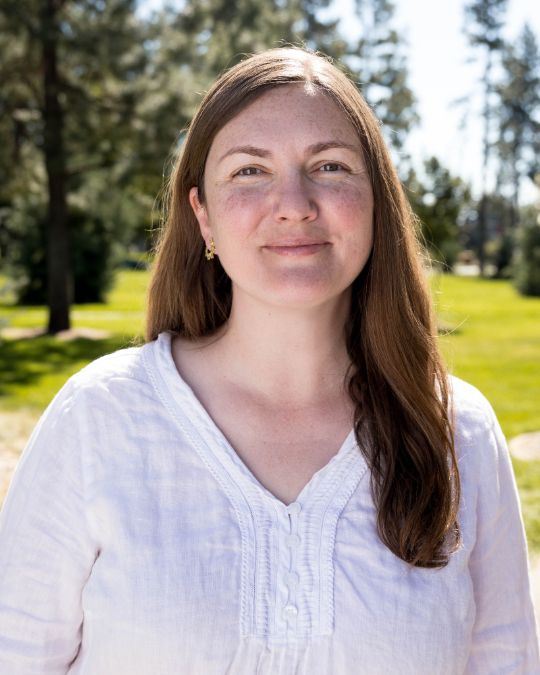Peace Studies, B.A.
As a Whitworth peace studies major, you will develop a holistic understanding of peace and conflict through integrating insights from several academic disciplines. Internships, service-learning opportunities and study abroad programs will allow you to put your learning into context and experience peacemaking efforts up close. Ultimately, the peace studies major will empower you to become an effective agent of change for a more just and peaceful world.

